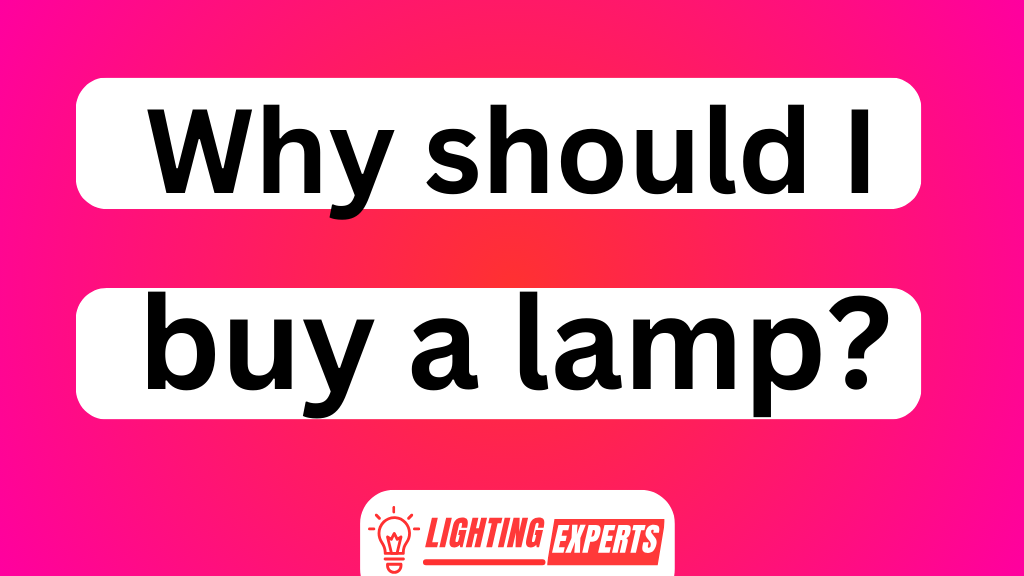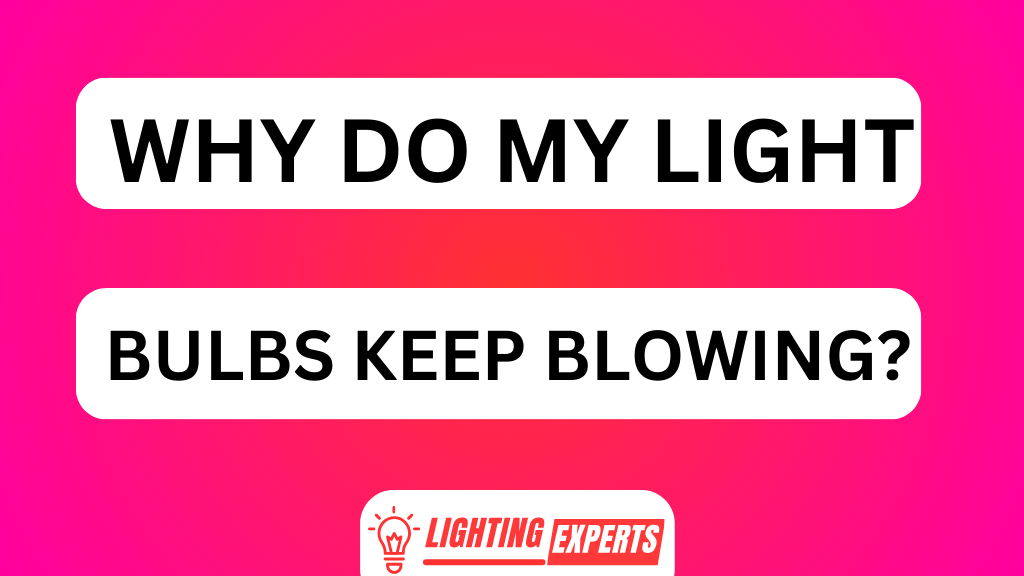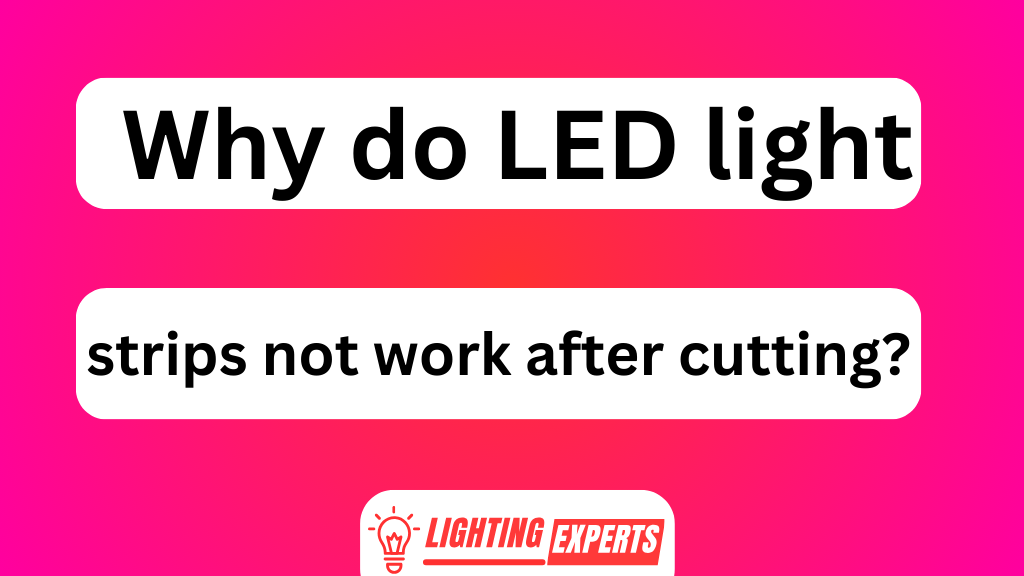The pervasive use of digital devices has led to concerns about the potential harmful effects of prolonged exposure to blue light. Consequently, there has been a surge in the popularity of blue light glasses as a means to mitigate these risks.

However, amidst the growing enthusiasm for this protective eyewear, a pertinent question arises: Can one wear blue light glasses all the time? This article aims to explore the long-term benefits and potential risks associated with constant usage of blue light glasses, offering expert opinions and alternatives for achieving an optimal balance between protection and visual well-being.
Key Takeaways of CAN YOU WEAR BLUE LIGHT GLASSES ALL THE TIME
- Wearing blue light glasses can filter out harmful blue light emitted by electronic screens.
- There is limited scientific evidence on the relationship between wearing blue light glasses and mental health.
- Blue light glasses may improve sleep quality by reducing exposure to blue light and regulating melatonin levels.
- It is important to find the right balance and optimal usage of blue light glasses, and consultation with a healthcare professional or optometrist is recommended.
The Effects of Wearing Blue Light Glasses Constantly
The potential effects of wearing blue light glasses constantly are a topic of interest in research on eye health and the impact of digital devices on visual well-being. Blue light glasses have gained popularity due to their ability to filter out harmful blue light emitted by electronic screens, such as smartphones and computers.
While there is limited scientific evidence specifically examining the relationship between wearing blue light glasses and mental health, some studies suggest that reducing exposure to blue light may improve sleep quality and alleviate symptoms of eyestrain, which could indirectly impact mental well-being.

Additionally, by reducing eyestrain and improving visual comfort, blue light glasses have the potential to enhance productivity during prolonged screen time sessions. However, further research is needed to fully understand the extent of these effects.
Transitioning into the subsequent section about ‘long-term benefits of blue light glasses’, it is important to consider whether these short-term benefits translate into long-term advantages for individuals who wear them consistently.
Long-Term Benefits of Blue Light Glasses
One potential advantage of consistent use of blue light glasses is the potential for long-term benefits. These benefits include:
- Reduced eye strain: Blue light emitted from electronic devices can cause digital eye strain, which can lead to symptoms such as dry eyes, blurred vision, and headaches. Wearing blue light glasses filters out a portion of this harmful light, reducing the strain on the eyes.
- Improved sleep quality: Exposure to blue light in the evening can disrupt our natural sleep-wake cycle by suppressing the production of melatonin. Wearing blue light glasses in the evening can help regulate melatonin levels and promote better sleep.
- Protection against age-related macular degeneration: Prolonged exposure to blue light has been linked to an increased risk of developing age-related macular degeneration (AMD). Blue light glasses can potentially reduce this risk by blocking a significant portion of harmful blue light.
While there are potential drawbacks and lifestyle adjustments associated with wearing blue light glasses, these long-term benefits make them worth considering in today’s technology-driven world.
Potential Risks of Wearing Blue Light Glasses 24/7
The use of blue light glasses has gained popularity as a means to mitigate the potential harmful effects of prolonged exposure to blue light emitted by digital screens. However, there are concerns regarding the long-term use of these glasses and their impact on eye health.

This discussion will explore the potential risks associated with wearing blue light glasses 24/7, focusing on long-term eye damage and sleep disruption effects.
Long-Term Eye Damage
Long-term exposure to blue light emitted by digital screens may contribute to eye damage. It is important to take steps in preventing eye strain and reducing digital eye fatigue that can occur from excessive screen time.
Here are three key points to consider:
- Blue light glasses: These glasses are specifically designed to filter out harmful blue light and reduce its impact on the eyes.
- Adjusting screen settings: Lowering the brightness and using warm color filters can help reduce the amount of blue light emitted by screens.
- Taking frequent breaks: Regularly looking away from the screen and focusing on distant objects can provide relief to tired eyes.
Sleep Disruption Effects?
Sleep disruption may be a potential consequence associated with prolonged exposure to blue light emitted by digital screens. Blue light has been found to suppress melatonin, the hormone that regulates sleep-wake cycles, leading to disturbances in sleep quality and circadian rhythm disruption. Research suggests that exposure to blue light before bedtime can delay the onset of sleep and reduce overall sleep duration. Additionally, it can affect the quality of REM (rapid eye movement) sleep, which is essential for cognitive function and memory consolidation. To illustrate the potential impact of blue light on sleep disruption, consider the following table:
| Exposure to Blue Light Before Bedtime | Effects on Sleep |
|---|---|
| High | Decreased |
| Moderate | Impaired |
| Low | Minimal |
It is important to note that individual sensitivity may vary, but minimizing exposure to blue light in the evening hours can help promote better sleep quality and maintain a healthy circadian rhythm.
Finding the Right Balance: When to Wear Blue Light Glasses
This discussion aims to explore the optimal usage duration of blue light glasses and identify specific activities that require protection.
Understanding the ideal duration for wearing blue light glasses can help individuals strike a balance between protecting their eyes from harmful blue light and allowing natural exposure to beneficial wavelengths.
Furthermore, identifying specific activities that necessitate protection can guide users in making informed decisions about when to wear these glasses for maximum benefit.
Optimal Usage Duration
Based on current research, the optimal duration for wearing blue light glasses throughout the day remains an area of ongoing investigation. While there is no definitive answer at this time, experts suggest considering several factors when determining the optimal usage frequency:
- Individual sensitivity to blue light
- Extent of exposure to digital devices
- Specific activities requiring protection
It is important to note that prolonged and excessive use of blue light glasses may have potential side effects, such as altered sleep patterns or disrupted circadian rhythms. Therefore, it is recommended to consult with a healthcare professional or an optometrist to determine the most appropriate duration for wearing blue light glasses based on individual needs.
In the following section, we will delve into specific activities where using blue light glasses is particularly beneficial.
Specific Activities Requiring Protection
Engaging in activities that involve prolonged exposure to digital screens, such as working on a computer or watching television, may benefit from the use of protective eyewear.
These activities can lead to an increased risk of developing symptoms associated with digital eye strain, including dryness, irritation, and blurred vision.
Protective eyewear, such as blue light glasses, is designed to filter out harmful blue light emitted by digital screens. By reducing the amount of blue light reaching the eyes, these glasses can minimize eye fatigue and discomfort.
Additionally, it has been suggested that exposure to blue light before bedtime can disrupt sleep patterns by suppressing melatonin production. Therefore, wearing blue light glasses during specific activities requiring protection from prolonged screen time may have the added benefit of reducing sleep disruption effects.
Alternatives to Wearing Blue Light Glasses Around the Clock
One possible alternative to wearing blue light glasses constantly is to limit exposure to screens and digital devices. This can be achieved by implementing the following strategies:
- Increasing natural light exposure: Spending time outdoors and allowing natural light to enter the eyes can help regulate the body’s circadian rhythm and reduce screen-induced eye strain.
- Adjusting screen settings: Many devices now offer options to adjust screen brightness, contrast, and color temperature. By reducing blue light emission or using a warmer color temperature setting, the intensity of blue light exposure can be minimized.
- Taking regular breaks: Frequent breaks from screen time allow the eyes to rest and recover. Engaging in activities that do not involve screens, such as reading a book or going for a walk, can provide relief from prolonged digital device use.
Implementing these alternatives alongside responsible blue light glasses usage can contribute to maintaining healthy vision while minimizing potential risks associated with excessive screen time.
Proper Care and Maintenance of Blue Light Glasses for Extended Use
To ensure the longevity and effectiveness of blue light glasses when used for extended periods, proper care and maintenance should be practiced. Blue light glasses maintenance involves several precautions to keep them in optimal condition.
Firstly, it is important to clean the lenses regularly using a microfiber cloth or lens cleaning solution to remove smudges and fingerprints. Avoid using harsh chemicals or abrasive materials that may damage the lens coating.
Additionally, storing the glasses in a protective case when not in use can prevent scratches or accidental breakage. It is also recommended to avoid exposing blue light glasses to extreme temperatures or direct sunlight, as this can affect their performance over time.
By following these maintenance guidelines, users can maximize the lifespan and functionality of their blue light glasses.
Transition: While proper care and maintenance are essential for extended use of blue light glasses, it is also valuable to consider expert opinions on wearing them all the time.
Expert Opinions on Wearing Blue Light Glasses All the Time
Expert opinions on prolonged use of blue light glasses should be considered in order to gain a comprehensive understanding of their potential benefits and drawbacks. While blue light glasses are designed to reduce exposure to harmful blue light emitted by electronic devices, wearing them all the time may not be optimal. Here are some key considerations:
- Blue light glasses can help alleviate eye strain and improve sleep quality.
- Prolonged use of blue light glasses may disrupt the natural circadian rhythm, leading to potential sleep disturbances.
- It is important to balance blue light exposure with exposure to natural daylight for overall eye health.
To promote eye health, it is recommended to incorporate daily habits such as taking regular breaks from screens, maintaining proper posture, adjusting screen brightness levels, and practicing good lighting in workspaces. Consulting with eye care professionals can provide personalized recommendations regarding the duration and frequency of blue light glasses usage for individuals.
Frequently Asked Questions
Can Wearing Blue Light Glasses All the Time Cause Any Negative Side Effects?
Wearing blue light glasses all the time may have negative long-term effects. The continuous use of these glasses could potentially lead to increased eye strain, as the eyes may become overly reliant on the protection provided by the glasses.
Are There Any Long-Term Health Benefits Associated With Wearing Blue Light Glasses Constantly?
Wearing blue light glasses constantly may have potential long-term health benefits. Research suggests that their use can mitigate the negative effects of prolonged exposure to blue light, such as eye strain and sleep disturbances.
Are There Any Risks or Drawbacks to Wearing Blue Light Glasses 24/7?
Wearing blue light glasses constantly may lead to negative effects and health risks. Prolonged exposure to blue light can disrupt sleep patterns, cause eye strain, and potentially contribute to macular degeneration.
Is It Necessary to Find a Balance and Limit the Use of Blue Light Glasses?
Finding a balance in using blue light glasses and setting limits on their usage is necessary. Without context, it is important to consider potential effects of prolonged exposure to blue light and the need for moderation in order to optimize visual health.
Are There Any Alternatives to Wearing Blue Light Glasses All the Time for Reducing the Effects of Blue Light?
Effective methods exist as alternatives to wearing blue light glasses all the time for reducing the effects of blue light. These include adjusting screen settings, using software filters, taking regular breaks, and optimizing lighting conditions.
Conclusion
Wearing blue light glasses constantly may have both benefits and potential risks.
While they can help reduce eye strain and improve sleep quality, it is important to find the right balance and avoid excessive use. Alternatives to wearing blue light glasses all the time include adjusting screen settings or taking regular breaks from digital devices.
Proper care and maintenance of these glasses are essential for extended use.
Overall, finding a balance between protection and moderation is key in harnessing the benefits of blue light glasses without overreliance.
In conclusion, when it comes to wearing blue light glasses all the time, striking a balance is crucial.
It’s like walking on a tightrope – too much reliance on these glasses can lead to dependency, while neglecting their benefits may expose us to potential risks.
Just as a skilled tightrope walker maintains equilibrium with precise footwork, we must find equilibrium by using blue light glasses appropriately and embracing alternative strategies for reducing digital eye strain.




